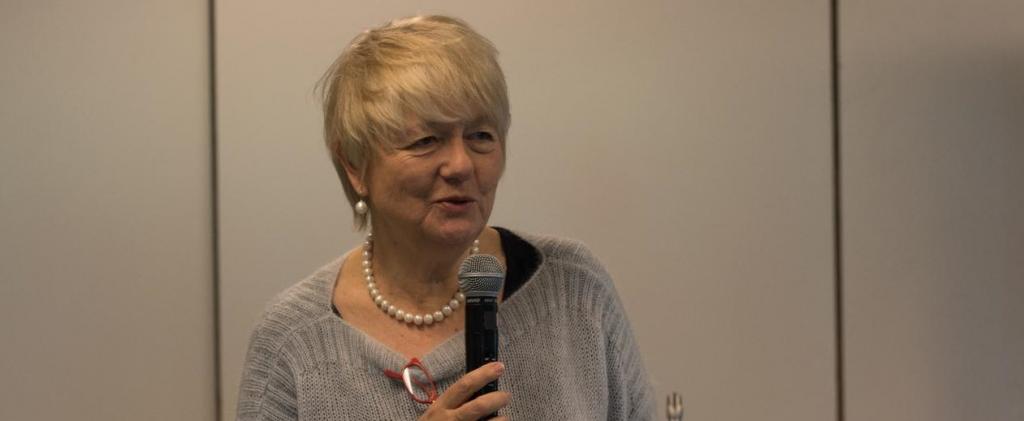The Global Health Centre’s Director, Professor Ilona Kickbusch, has been appointed to the Global Health Crises Task Force established by the United Nations (UN) Secretary General Ban Ki-moon to support and monitor the implementation of recommendations put forward by the High-level Panel on the Global Response to Health Crises. The Task Force is composed by leading UN and external experts, and will be co-led by Jan Eliasson, Deputy Secretary-General, Jim Yong Kim, President of the World Bank Group, and Margaret Chan, Director-General of the World Health Organization (WHO).
The High-level Panel reviewed the international repose to Ebola and developed a range of recommendations for action at the national, regional and international levels in its report “Protecting humanity from future health crises” released on 9 February 2016. Among the priority actions to build the global capacity required to manage future health crises, the report highlighted the need for WHO to create a new Centre for Emergency Preparedness and Response. It also called for accelerating progress on WHO reform, to position the Organization as the leading global health actor in determining and executing global health priorities.
The announcement of the Task Force comes a month after the agreement at the 69th World Health Assembly to establish a new Health Emergencies Programme. This not only constitutes an important step towards greater emergency preparedness and response, but is also significant in the redefinition of WHO’s role. The traditional technical and normative dimension of the Organization’s work will now be complemented by operational capabilities for outbreaks and humanitarian emergencies.
At the same time, the G7, in its Ise-Shima Vision for Global Health, reaffirmed WHO’s central role in coordinating response to public health emergencies, while also calling for support to funding mechanisms, in particular the WHO Contingency Fund for Emergency and the Pandemic Emergency Financing Facility launched by the World Bank.
If the Ebola outbreak was able to set some reform mechanisms in motion, much still needs to be done at all levels, including on the implementation of the International Health Regulations (IHR), health workforce building, health system strengthening, development of regional arrangements for health emergency management, and coordination mechanisms at the global level. The Task Force will produce regular updates for the Secretary-General on progress in the implementation of these and further recommendations of the High-level Panel, but also bring to his attention issues in relation to emerging health crises and gaps in the global health architecture. The establishment of this Task Force, therefore, will contribute to sustaining momentum for reforms, at a time when the window of opportunities is closing due to the emergence of other crises and pressing challenges.


